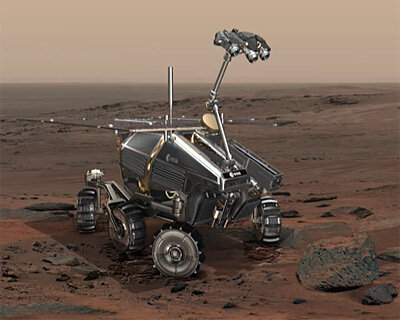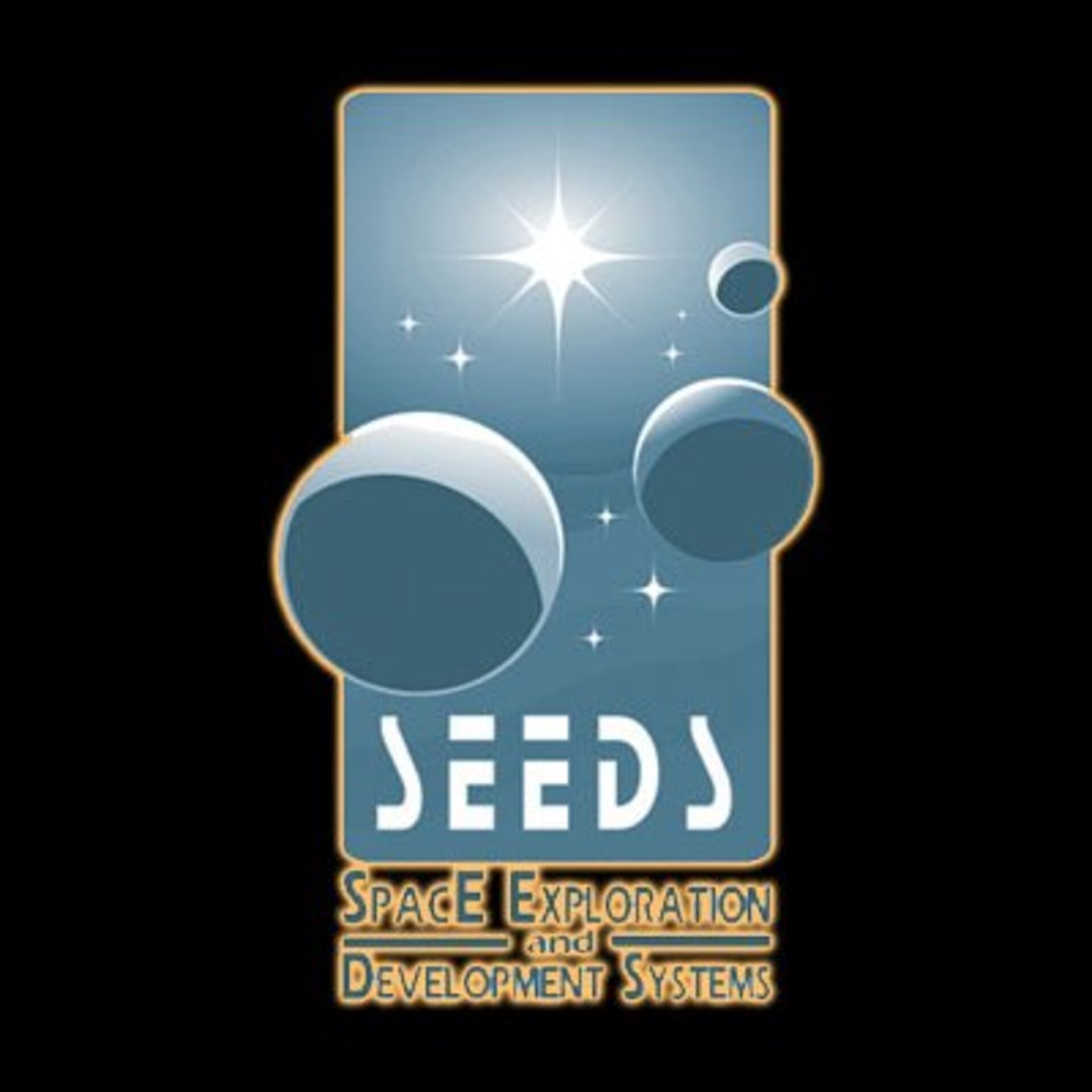MSc Space Exploration and Development Systems (SEEDS) open for applications
European industry needs high-level specialists in space exploration. To respond to this requirement, for the second year running three European universities have joined together to offer an MSc with a difference: an international post-graduate course in space exploration and development systems, called SEEDS.
The three universities are the Politecnico of Turin, in Italy, the University of Bremen, in Germany, and the Grande Ecole Aérospatiale Supaero in Toulouse, France. All three universities are based in cities that host space industries and research centres, and which have a long-standing tradition of cooperation in space. This guarantees the support and contribution of high level experts, and strong links with space industry and agencies.
The Space Exploration and Development Systems (SEEDS) MSc differs from other space masters as focuses on space exploration and not utilisation. It aims to harness the most recent developments emerging from national, European and international space strategies to prepare the specialists needed for Solar System exploration programmes.
This new MSc is supported by European companies and space agencies involved in exploration projects, including the European Space Agency (ESA), the Italian Space Agency (ASI), the French space agency CNES, the German Aerospace Center (DLR), Alcatel Alenia Spazio, Astrium, OHB Systems, EADS-ST and other companies.
The MSc aims to deliver space engineers oriented to specific exploration system products, who are accustomed to working in an international context and who have been trained on the job, using modern and company-oriented engineering methods.
When, where and how

The course will be taught in English at all three sites, and is open to students of all nationalities. A maximum of 15 students will be accepted at each of the three European sites. Applicants should have the equivalent of an MSc degree in industrial engineering, information and communications technologies or physical sciences.
The first seven months of the 18-month course will provide a foundation in the various disciplines related to space exploration. Some of this time will be spent in European space centres to enable students to benefit from the facilities and expert guidance, and to meet up with colleagues from the partner universities.
During the following eight months, students will carry out project work in three activities, each of which is assigned to a different centre. Studies on habitation infrastructures will be carried out in Turin, transportation systems in Bremen and robotic infrastructures in Toulouse. When working on the projects students will work in cross-national teams at industrial and space centres at the three sites.
To help meet the fees of the course, a number of scholarships will be offered by companies and space agencies sponsoring the MSc.
Further information is available on the European SEEDS website (www.seeds-master.eu) with links to each university’s individual programme.





